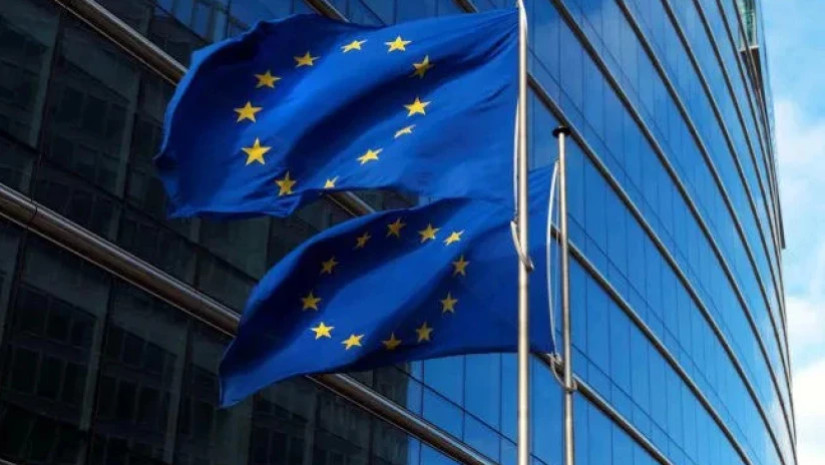EU ambassadors have agreed on a plan for the gradual reduction of Russian oil and gas imports, aiming for full implementation by January 2028, Reuters reported on October 8, citing European diplomats.
At a closed meeting on Wednesday, EU ambassadors decided to submit the draft plan to relevant ministers, who are expected to review and approve it on October 20.
Sources indicate that most member states support the plan, suggesting its adoption is likely, despite some concerns raised by Hungary and Slovakia. Technical adjustments are expected to continue until the vote.
The plan requires a “qualified majority” for approval, meaning support from at least 55% of EU countries. Following approval, EU governments and the European Parliament will negotiate the final details of the phase-out strategy.
Under the proposed timeline, the EU would gradually end reliance on Russian energy: halting imports of Russian gas under new contracts from January 2026, under existing short-term contracts from June 2026, and under long-term contracts by January 2028.
The plan also includes measures to ensure imported liquefied natural gas is not sourced from Russia, with pre-authorization and origin verification procedures at European ports.
Additionally, Hungary and Slovakia, which continue to import Russian oil, will be required to develop national plans to end such imports by 2028.
Earlier, it was reported that Turkey is preparing to significantly reduce its dependence on Russian gas. By the end of 2028, the country is expected to cover more than half of its energy needs through increased domestic production and rising imports of liquefied natural gas from the United States.


















